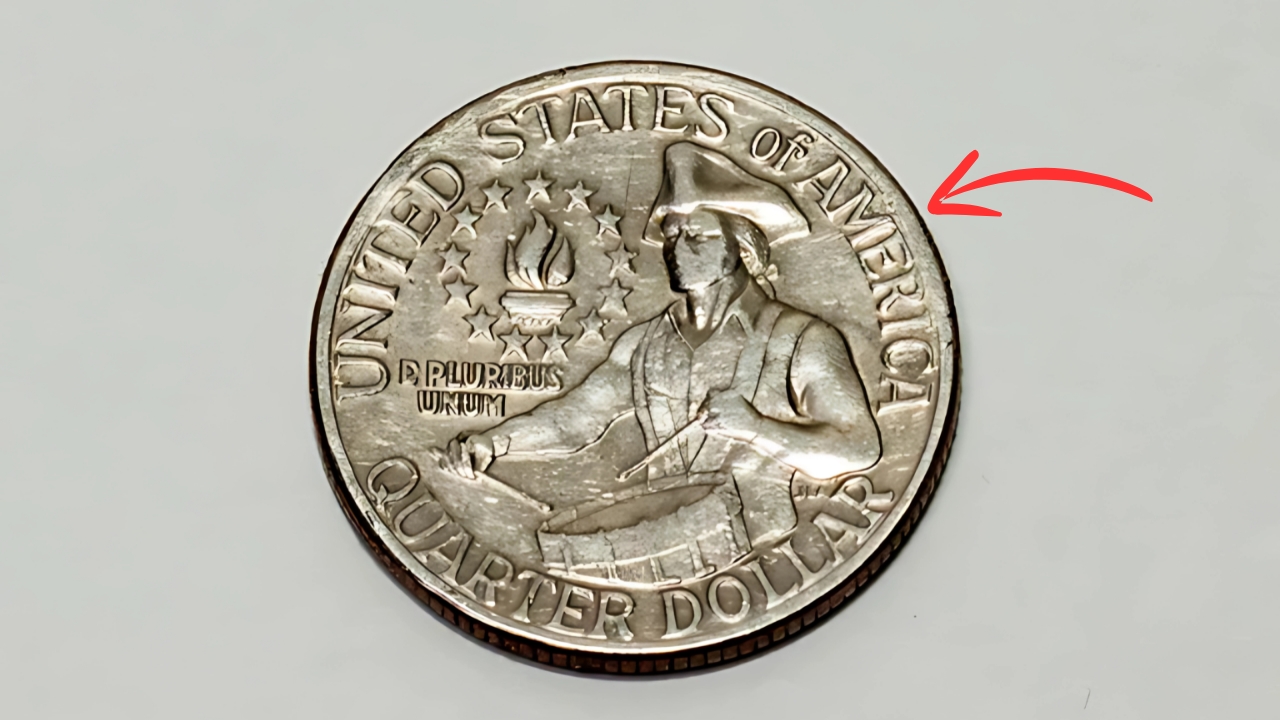
In a significant development that signals the expanding impact of the newly implemented Trump administration tariffs, German luxury automaker Audi has temporarily suspended vehicle deliveries to the United States market.
The move comes as the European manufacturer grapples with the financial implications of heightened import duties that have abruptly transformed the economics of selling foreign-made vehicles in America.
This decision represents the first major operational shift by a European automaker in response to the controversial tariff policies reintroduced since President Trump’s return to office in January.
Audi executives confirmed the delivery suspension during an emergency board meeting held at the company’s headquarters in Ingolstadt, Germany, describing it as a “necessary but painful adjustment” to rapidly changing market conditions.
The tariffs, which jumped from 2.5% to 27.5% on vehicles manufactured in Europe, have effectively upended decades of established automotive trade practices between the United States and its European allies.
Industry analysts suggest this pause in deliveries will allow Audi to reassess pricing strategies and potentially restructure its American operations to absorb or distribute the substantial additional costs now associated with exporting vehicles to the US market.
The immediate financial implications for Audi remain substantial, with the company’s preliminary estimates suggesting that maintaining current pricing would slash profit margins by approximately 18-22% on vehicles destined for American showrooms.
Alternatively, passing costs directly to consumers could result in price increases between $5,000 and $15,000 depending on the model, potentially placing Audi vehicles beyond reach for many American luxury car buyers.
Sebastian Muller, chief financial officer at Audi AG, elaborated on the company’s dilemma during a hastily arranged press conference: “We face an unprecedented situation where overnight, the fundamental economics of our American export strategy have been dramatically altered without warning or consultation.”
He continued, “This is not merely about adjusting prices upward; it requires a comprehensive reevaluation of our manufacturing footprint, supply chain logistics, and dealer support systems across North America.”
The temporary halt affects approximately 32,000 vehicles that were scheduled for shipment to the United States over the next quarter, including popular models such as the Q5 SUV, A4 sedan, and e-tron electric vehicle lineup.
Audi’s decision follows similar deliberations occurring across the European automotive sector, with executives at Mercedes-Benz, BMW, and Volkswagen all reportedly conducting emergency strategy sessions to address the tariff situation.
While Audi is the first to announce a complete delivery suspension, industry insiders suggest other manufacturers are likely to follow suit or announce significant operational changes in coming weeks.
The tariffs have created a particularly challenging scenario for European automakers who have invested heavily in electric vehicle technology, as these higher-priced models face even steeper absolute price increases when percentage-based tariffs are applied.
Thomas Reimann, automotive industry analyst with Frankfurt-based Economic Research Partners, explained: “These tariffs create a perfect storm for European luxury brands, hitting their most profitable and future-oriented segments hardest, just as they’re investing billions in the transition to electric mobility.”
The situation has been further complicated by inventory management challenges, as many dealers had placed orders based on previous economic conditions and pricing structures.
Dealers across the United States have reported confusion and frustration as they attempt to determine how to price incoming inventory and what to communicate to customers who have placed deposits on vehicles not yet delivered.
Robert Chen, owner of Premium European Auto Group with three Audi dealerships in California, described the situation as “complete chaos” for retail operations: “We have customers who signed purchase agreements at certain prices, inventory en route that suddenly costs substantially more, and no clear guidance on how to reconcile these issues.”
He added, “Some customers are willing to absorb modest price increases, but many are threatening to cancel orders altogether, which places us in an impossible position between the manufacturer and our client base.”
The tariff situation has created winners and losers within the American automotive landscape, with domestically produced vehicles suddenly enjoying a significant price advantage over their imported competitors.
American manufacturers Ford and General Motors have seen their stock prices rise by 8.2% and 7.4% respectively since the tariff announcement, as investors anticipate increased market share opportunities.
However, the complex nature of global automotive supply chains means that even American-branded vehicles often contain significant percentages of imported components, which may eventually face similar tariff pressures.
The White House defended the tariff policy through a statement from Commerce Secretary William Harrison: “These measures are designed to rebalance decades of unfair trade practices and create manufacturing jobs right here in America.”
Harrison continued, “European manufacturers have benefited from artificially low tariff rates while their home countries maintained significant barriers to American automotive exports.”
Critics of the policy point out that European automakers already maintain substantial manufacturing operations within the United States, with BMW’s Spartanburg, South Carolina plant ranking as the largest automotive exporter by value in America.
Mercedes-Benz, Volkswagen, and Volvo also operate major production facilities across the southern United States, collectively employing tens of thousands of American workers.
The tariffs create a particularly complex calculation for Audi, which unlike some competitors, produces none of its vehicles within the United States, instead manufacturing primarily in Germany, Hungary, Belgium, and Mexico.
The company had previously announced plans to expand North American production capacity at its existing plant in San José Chiapa, Mexico, though these facilities focus primarily on SUV production rather than the company’s full model range.
Industry observers note that while Mexican-built vehicles are theoretically protected under the USMCA trade agreement, uncertainty remains about how strictly content requirements will be enforced for vehicles containing significant European-sourced components.
Dr. Eleanor Thomas, professor of international trade policy at Georgetown University, commented: “These tariffs create immediate disruption, but the long-term impact may be even more significant as they force companies to make major investment decisions about where to locate production for the next decade.”
She continued, “We’re likely to see accelerated relocation of manufacturing to North America, but building new plants or expanding existing facilities requires years of planning and billions in capital investment.”
Financial markets have responded negatively to the automotive tariff situation, with shares of European manufacturers declining sharply on European exchanges.
Audi’s parent company Volkswagen Group saw its stock price fall 12.3% in the two trading sessions following the delivery suspension announcement.
The tariff situation also raises questions about reciprocal actions from European regulators, who have historically matched American trade measures with targeted responses of their own.
European Commission President Marguerite Deveraux indicated that while Europe hoped to resolve the situation through negotiation, “all options remain on the table” including proportional countermeasures against American goods.
She stated, “We strongly believe in fair and rules-based international trade, but we will not hesitate to protect European industries and workers if forced to do so.”
Analysts suggest potential European countermeasures could target politically sensitive American exports including agricultural products, bourbon, motorcycles, and technology products.
For American consumers, the immediate effect will be reduced availability and higher prices for European luxury vehicles, a segment that accounts for approximately 7.4% of total new car sales in the United States.
Jessica Rivera, automotive retail analyst with Consumer Choice Monitoring, noted: “We’re likely to see significant price realignment across the luxury segment, with European brands forced to either raise prices dramatically or accept much lower margins.”
She added, “This creates an opening for Japanese and Korean luxury brands like Lexus, Genesis, and Acura, who may be positioned to capture market share from European competitors if they can ramp up production and maintain competitive pricing.”
The situation remains fluid as manufacturers, dealers, and government officials continue discussions seeking potential compromises or adjustments to the tariff structure.
Industry associations including the European Automobile Manufacturers Association have requested emergency meetings with both US and EU trade representatives, hoping to establish transition periods or exemptions for vehicles already in production or transit.
For Audi specifically, company officials indicated the delivery suspension would remain in effect for a minimum of 60 days while they conduct a comprehensive analysis of various scenarios and potential responses.
Options under consideration reportedly include accelerated localization of production in North America, restructured pricing strategies with reduced profit margins, and potential model lineup adjustments to focus on higher-margin vehicles that can better absorb tariff impacts.
What remains clear is that the automotive industry faces a period of significant upheaval as it adjusts to this new trade reality, with implications extending throughout global supply chains and potentially reshaping consumer choices in the world’s most profitable automotive market.
As one Audi executive, speaking on condition of anonymity, summarized: “This isn’t simply about a temporary tariff adjustment; it’s a fundamental realignment of global automotive manufacturing and trade patterns that will have consequences for years to come.”
